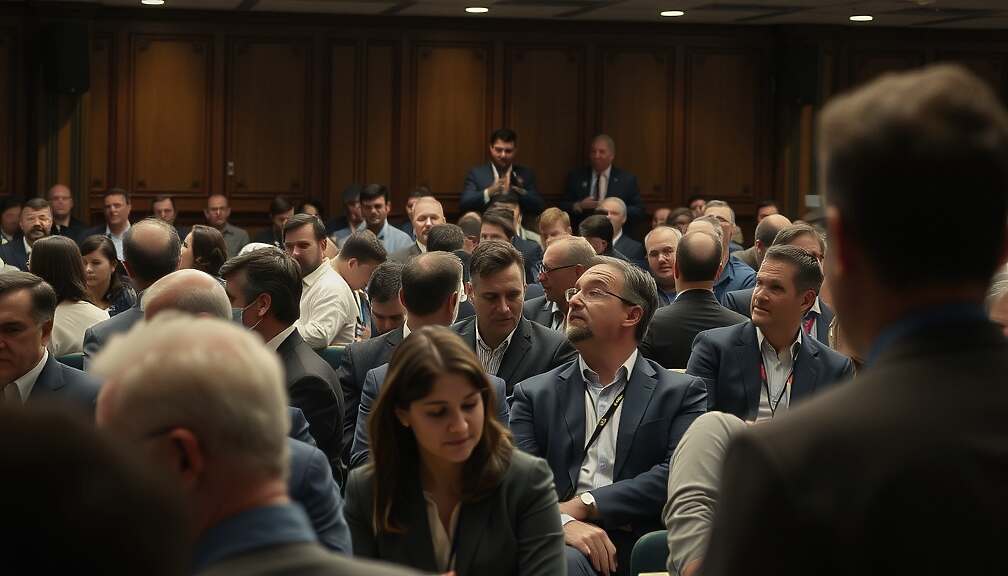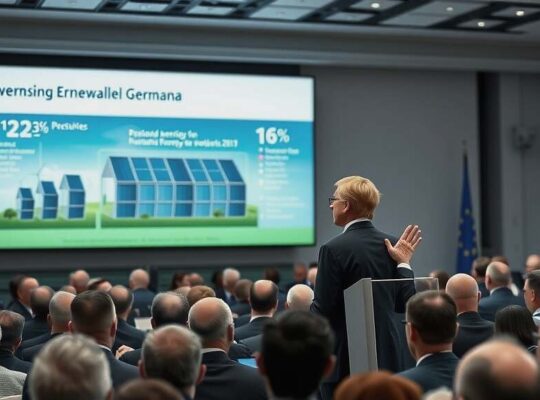The German government faces increasing pressure to accelerate the implementation of the EU’s Artificial Intelligence Act, as concerns mount over the potential for regulatory delays to undermine Europe’s ambition to lead the global AI landscape. Klaus Müller, President of the German Federal Network Agency (Bundesnetzagentur), responsible for enforcing the AI Act within Germany, cautioned against protracted timelines, arguing that “clarity on the rules applying in Europe is crucial” to secure Europe’s position as an AI pioneer.
The Bundesregierung is currently considering pushing back the implementation of the AI Act’s most stringent safety levels by a year. While Müller acknowledges the potential for a delayed timeline to facilitate progress in standardization and ease implementation challenges, he implicitly warns against a perception of regulatory stagnation. Such a pause, critics argue, risks allowing the US and other regions to solidify their lead in AI development and deployment.
Müller also addressed anxieties voiced within the German tech sector, primarily revolving around fears that the AI Act’s requirements will stifle innovation. Several companies expressed apprehension about the breadth of the legislation, suggesting that a significant portion of their business models might be classified as ‘high-risk’ necessitating burdensome compliance protocols. However, Müller countered that initial assessments indicate ‘high-risk’ AI systems represent a minority and that the concerns of excessive bureaucracy are largely unfounded for most applications. He emphasized that a majority of AI systems are subject to minimal requirements or simply necessitate adherence to transparency regulations.
Regarding the burgeoning calls for a European competitor to the dominant US-based large language models, such as those powering platforms like ChatGPT, Müller adopted a more cautiously optimistic stance. He encouraged European companies to explore AI-driven solutions, emphasizing the potential for “industrial applications based on AI models that can generate revenue”. However, he tempered enthusiasm by noting that the viability of a genuinely competitive, European-developed alternative remains uncertain, as the fundamental question of how to build a profitable business model around such an undertaking remains unanswered. The debate highlights the delicate balance between fostering European AI innovation and avoiding regulatory barriers that could inadvertently disadvantage emerging European businesses attempting to challenge the dominance of US tech giants.












